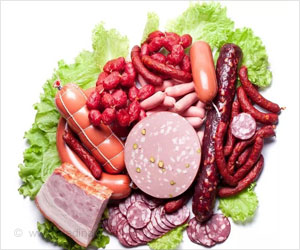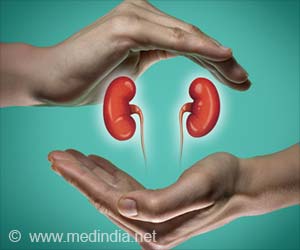A recent study evaluated the relationship between ultra-processed foods and cancer.
- Ultra-processed foods (UPF) are foods that have undergone multiple levels of processing like the addition of sugar, salt, fat, and artificial colors or preservatives
- Ultra-processed foods have been previously linked to obesity and heart disease
- A meta-analysis shows that UPF can be a risk factor for colorectal, pancreatic, and breast cancers
Cancer is the leading cause of death worldwide. It has been associated with changes in lifestyle-associated factors, including alcohol intake, smoking habits, diet, and physical activity.
Ultra-processed food (UPF) are foods that have undergone multiple levels of processing in industries to lower microbial deterioration, increase shelf-life, enhance transportability over long distances, and enhance palatability.
UPFs contain various additives, like colorants, sweeteners, and emulsifiers, and are staple foods in several nations. Studies have reported that Western diet consumption with high UPF content increases the chances of developing non-communicable diseases, including cancer.
However, data on the molecular mechanisms, carcinogenic properties, and characteristics of the effects of increased UPF intake on health are not well-known.
Can Consuming Ultra-Processed Food Increase the Risk of Cancer?
Researchers investigated whether UPF consumption raised cancer risk. Databases such as EMBASE and PubMed were searched on 28 March 2022 and 5 January 2023 for original research articles, including peer-reviewed and observational-type studies.Of 11 records, four assessed the association between UPF and colorectal cancer; one study evaluated the risk of pancreatic cancer; one determined the link between UPF intake and central nervous system tumors; another studied chronic lymphocytic leukemia incidence; one studied premenopausal breast cancer patients, and one studied the overall risk of breast cancer.
A 10.0% increase in the dietary UPF proportion was related to elevated breast cancer risks.
Diet records were largely obtained using food frequency questionnaires, online 24-hour diet recalls, and diet history questionnaires (DHQ). UPF items contributing to the association include sugary foods and beverages, ready-to-eat foods, bread, cakes, cookies, desserts, dairy products, and cereals.
The association between UPF intake and cancer development was stronger for individuals below 65 years than for those aged 65 years and above.
Colorectal Cancer, Breast Cancer, and Pancreatic Cancer Linked to UPF
In conclusion, the findings revealed a consistently significant relationship between UPF intake and the risks of various cancers, including pancreatic, colorectal, and breast cancer.The findings could inform dietary policy-making and strategy development to replace or reduce ultra-processed foods with less processed dietary alternatives, thereby reducing UPF demand and enhancing population health.
Nonetheless, further research is required to assess the potential carcinogenic properties of particular UPF components in humans.
Maintaining a healthy diet consisting of whole foods and minimally processed foods may decrease the risk of cancer along with physical activity.
Reference:
- Ultra-processed food consumption and cancer risk: a systematic review and meta-analysis - (https://www.sciencedirect.com/science/article/abs/pii/S0261561423000997)
Source-Medindia
















